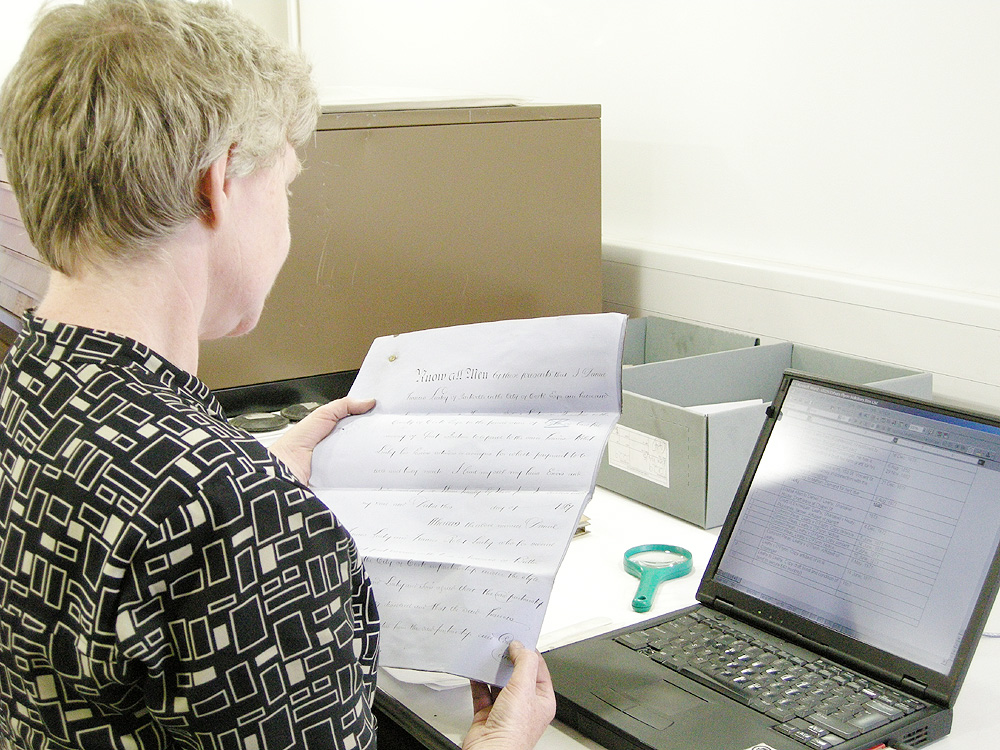We are a key information service for those conducting academic, historical, scientific, statistical, family history, and other research, making available our unique archival collections via our research room and online. Research access to archives is managed, with protections in place regarding access to personal data within collections.
Our users include historians, social scientists, postgraduate and undergraduate students, academic staff, the media, local community and heritage groups, local authority staff, those writing books and articles, those preparing heritage projects, lectures, and conferences, and those researching genealogy and family history.
The involvement of UCC in funding the CCCA reflects the fact that we are a major repository for research by students and staff of the university, and other colleges and schools in the region, plus those from other national and international institutions.
A descriptive list is a detailed listing of the contents, structure/arrangement and context of an archive collection, compiled by an archivist. It provides a summary of each document/item/file/series within a collection, including names, content, places, dates and reference numbers. Each item on the list has a unique reference number, which is used by researchers to order material in our research room. To obtain a list of a collection, contact the archivists by email.
We have an active programme of collection digitisation with online access.
This programme is currently concentrating on the following:
1) Records from the revolutionary period 1912-1922 as part of our national and local Decade of Centenaries commemorations.
2) Cemetery/burial records, which are a key genealogical/family history resource.
3) Photographic records, such as the Anthony Barry Photographic Archive.
